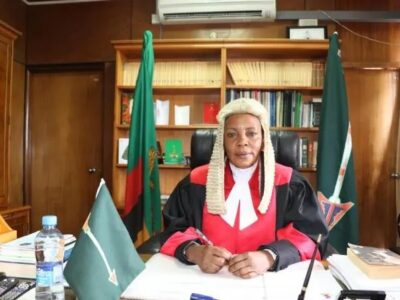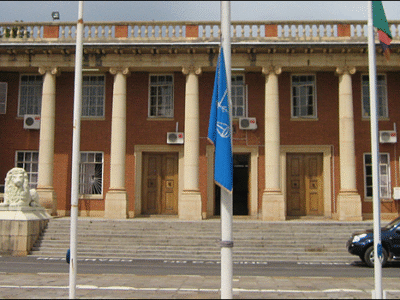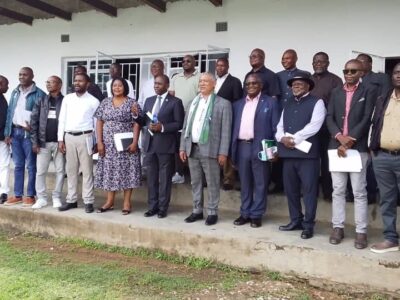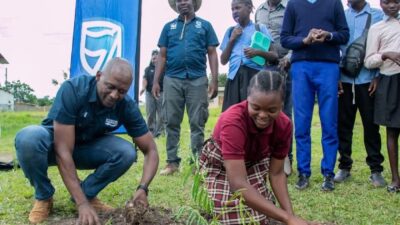A new study by the Southern African Institute for Policy and Research (SAIPAR) has unveiled systemic challenges hindering women’s participation in politics, leading to their continued underrepresentation.
Lead researcher, Janet Mundando, presented the findings during a community roundtable at SAIPAR’s Muna Ndulo Campus in Lusaka on Friday, supported by the Irish Embassy.
Mundando noted that while women constitute half of the global population, they remain disproportionately absent from decision-making roles, holding just 27 percent of parliamentary seats and five-six percent of local government positions worldwide.
In Zambia, women’s representation in parliament stands at 15 percent, a drop from 17 percent in 2016, despite legislative frameworks like the National Gender Policy (2014) and the Gender Equity and Equality Act (2015).
“Women must move beyond peripheral roles like dancing at airports or cooking at political events and meaningfully participate by contesting electoral offices,” Mundando said.
She cited international milestones, including the 1979 Convention on the Elimination of All Forms of Discrimination Against Women (CEDAW) and the 1995 Beijing Declaration, as foundational efforts in the fight for gender equality.
The judiciary emerged as an exception, with significant progress in appointing women to the Supreme Court, Constitutional Court, and High Court. However, other sectors, including politics, lag behind.
Mundando attributed this disparity to social, cultural, institutional, and political barriers, including patriarchy, financial constraints, and political violence.
She advocated for an electoral system with gender quotas to ensure inclusive representation.
“Despite progress in some areas, the fight for gender equality remains ongoing. We must continue addressing these barriers to achieve meaningful representation,” she said.
WARNING! All rights reserved. This material, and other digital content on this website, may not be reproduced, published, broadcast, rewritten or redistributed in whole or in part without prior express permission from ZAMBIA MONITOR.













Comments